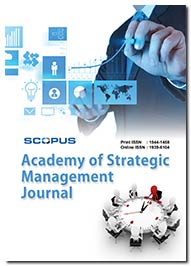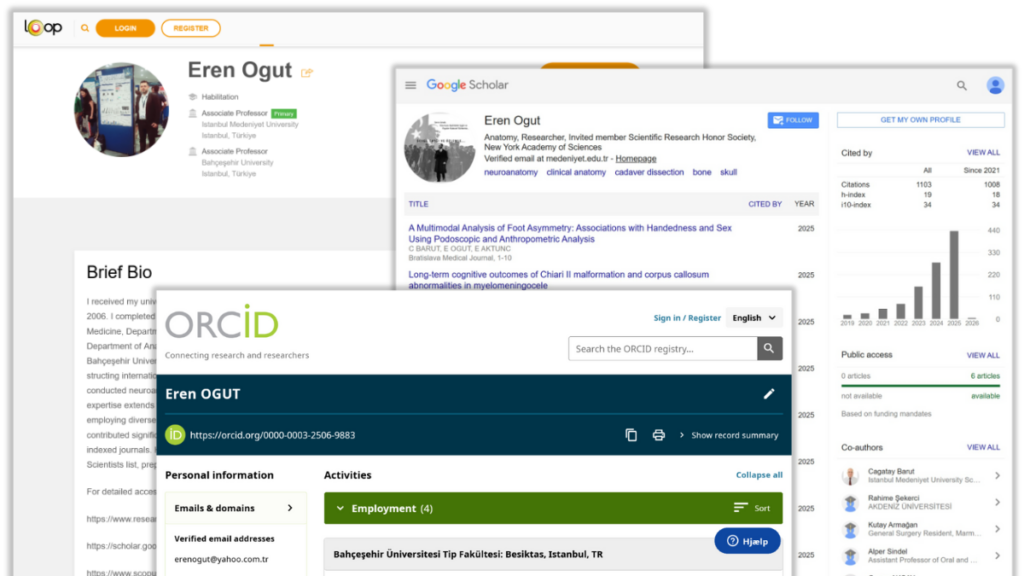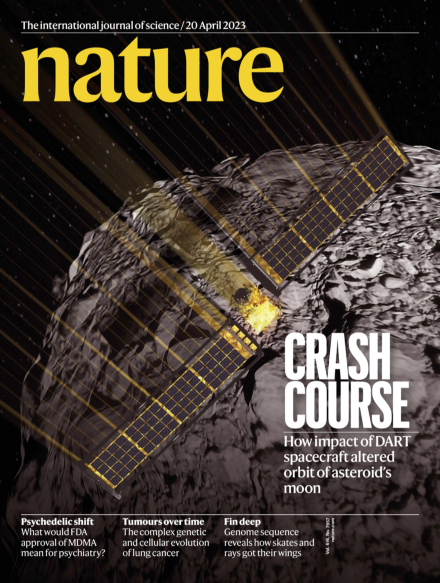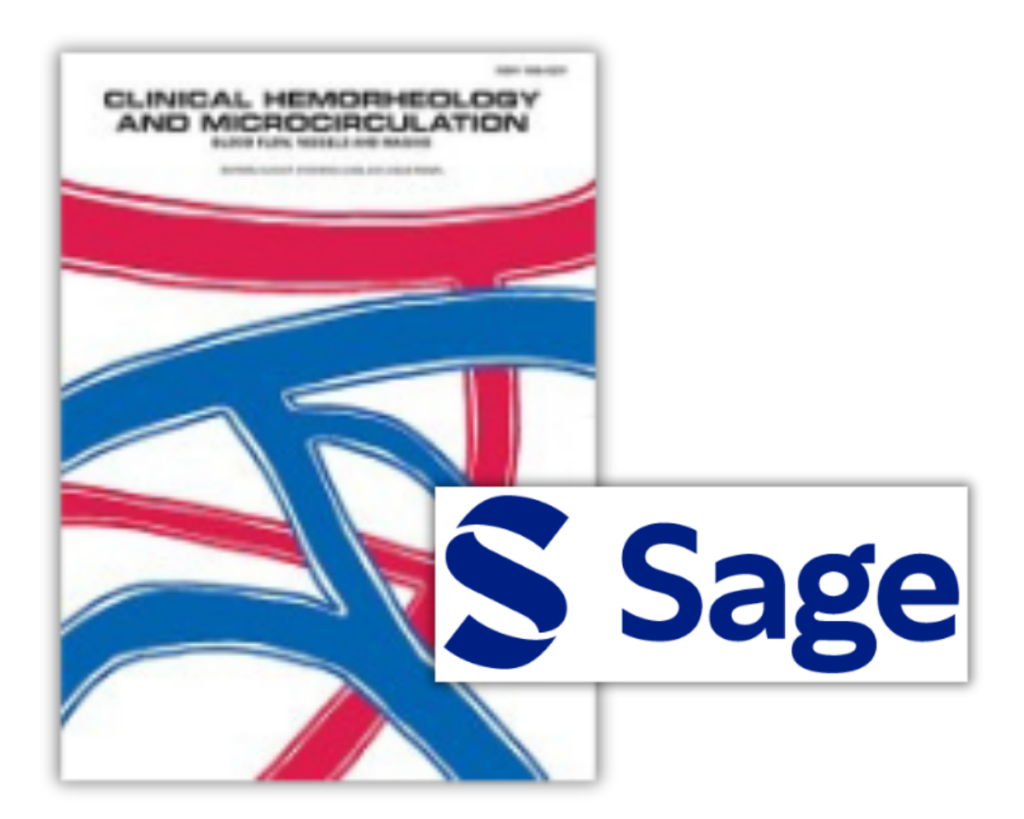
If your week flew by — we know ours did — catch up here with what you might have missed.
The week at Retraction Watch featured:
- Professor suspended after Japanese university finds fishy results in sushi paper
- Sage journal retracts more than 40 papers over concerns with peer review, author contributions
- Northwestern to pay $2.3 million for falsified research in NIH grants
- Nature retracts paper for data manipulation by Ph.D. student
- Technobabble papers by professor and editor under scrutiny
- Business management journal holds researcher’s paper hostage
In case you missed the news, the Hijacked Journal Checker now has more than 400 entries. The Retraction Watch Database has over 63,000 retractions. Our list of COVID-19 retractions is up over 460, and our mass resignations list has 50 entries. We keep tabs on all this and more. If you value this work, please consider showing your support with a tax-deductible donation. Every dollar counts.
Here’s what was happening elsewhere (some of these items may be paywalled, metered access, or require free registration to read):
Continue reading Weekend reads: A retraction in Nature; penalties for ‘retraction hotspot’ universities?; an analysis of PISS journals






